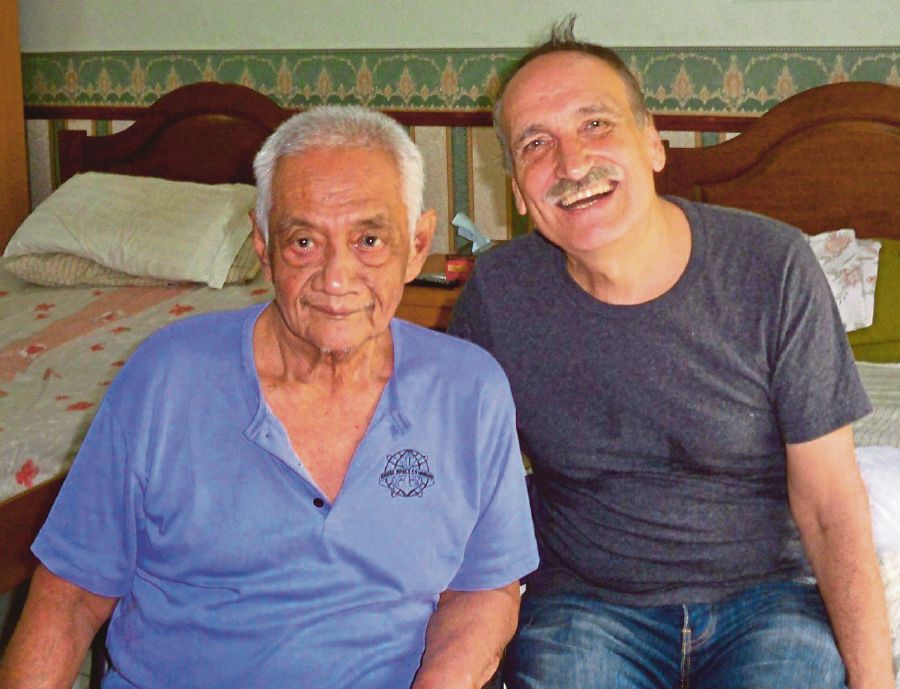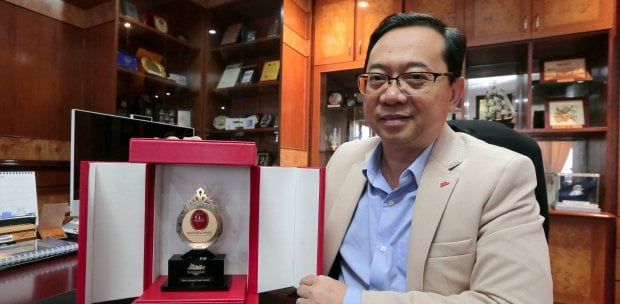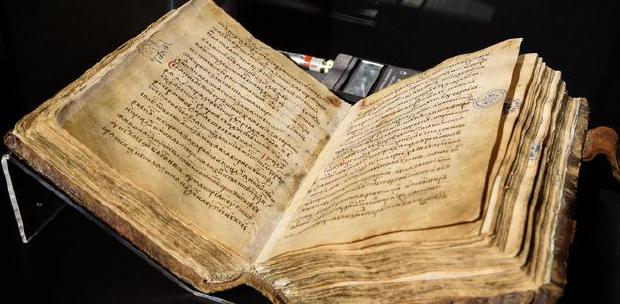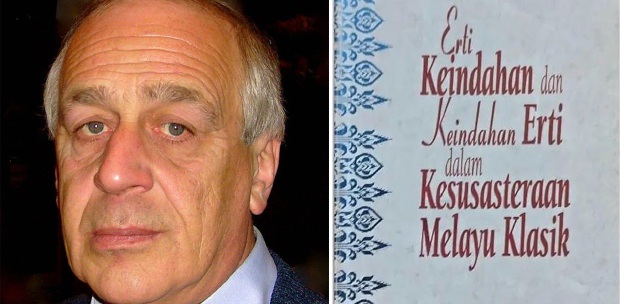JAN 13 marks the birthday of National Laureate Shahnon Ahmad. His death in 2017 was a great loss not only for Malaysian literature, but for world literature as well.
Shahnon was one of the pioneers of Malay prose in the 1960s-1970s. He entered the field of literature as a translator and short story writer.
He identified himself as a novelist in 1965 and published the novel, Rentong, that dramatises happenings in a Malay village.
Although Shahnon published several "urban" novels with very interesting storylines, he gained fame as the author of Ranjau Sepanjang Jalan (1966), which is about the life struggles of a peasant family.
Then he published Srengenge (1973), in which village activists and reformers suffer defeat against an ancient enemy of paganistic feelings and sentiments.
His next novel, Seluang Menodak Baung (1978), was translated into Russian by Dr Tatiana Dorofeeva in 1984 and it highlights the complex process of awakening the consciousness of farmers during the struggle for land.
His novels stand out for their sharp social orientation, psychological precision and beautiful writing style.
Shahnon often used internal monologues to convey the "mind flow" of the protagonists and their subconsciousness, as well as to "deepen the content and modernise Malay novels.
Shahnon was born in Banggol-Derdap, a remote village in Kedah. Like many writers of his generation, he received good education (in the field of teaching) and had good knowledge of English, which he later perfected at the University of Canberra in Australia.
But, even in Shahnon's earliest collection of short stories, namely Anjing-anjing (1964), we can find something often absent in the work of his contemporaries.
As proof, it's enough to take one of the author's short stories, for example, Di Tengah Keluarga (1960).
It is supposed to be a simple story about the eldest son of a not-so-wealthy family who, thanks to his efforts, got a good place in society, received the rank of a certified officer then married a European woman, something his parents deeply regretted.
When it turned out that the white woman could not give birth, the father tried to persuade his son to take a second wife, according to Islamic tradition, but the son adopted a Chinese boy, another great blow to his parents.
They managed to recover only after their youngest son hurriedly got married and became a father. Anecdote about racial prejudice appears in Shahnon's story as a spiritual drama with a fast-paced plot and highly realistic characters.
In general, as great Russian author Leo Tolstoy once said: "In any literary work, more important, valuable and convincing for a reader is the author's attitude and everything that highlights this attitude in his work."
So, Shahnon's loving attitude, brotherly devotion and gentleness to his compatriots were reflected through the his unique, natural talent to portray reality in his work.
It is felt in many of his short stories as well as his novels, especially in which the storyline takes place in his native village of Banggol-Derdap and its surroundings.
Of course, that doesn't mean that his novels about the city are not interesting.
Terdedah (1965), which is about the empty and meaningless life of a rich widow, Syuhada, Menteri (1967), in which through an internal monologue, he described the poor soul of a weak figure responsible for state affairs, as well as Sampah (1974), which highlights the urban life reflected in the flow of the human handicapped mind, are examples of his novels that revolve around the city life.
When I visited him 10 years ago at his son's house in Bangi, he looked healthy and full of plans to write a new book because he found an interesting topic.
Alas, the plans were not destined to come true. It would be nice for such a person to be around longer. Nature is obliged to make exceptions for such people.
The writer, writing from Russia, is a former lecturer of Universiti Malaya





